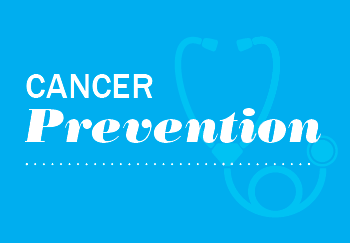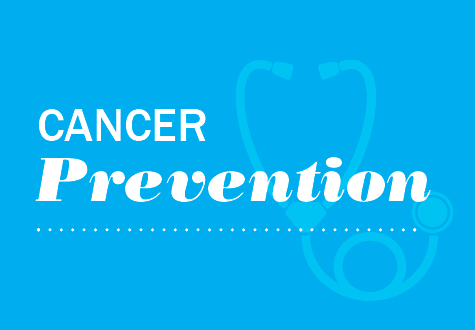
According to Medical News Today, a study published in EBioMedicine notes that EBV binds to a certain type of breast cells. These now infected breast cells can be more susceptible to cancer complications in the future. Many with EBV will never experience breast cancer in their lives. This important connection may lead to a childhood vaccine or to other testing regarding cancer and EBV.
What is Epstein-Barr?
EBV is a common strain in the herpes family. While some infected with it never show any signs of illness the most common condition caused by it is infectious mononucleosis, also known as “mono”. According to the Centers for Disease Control and Prevention (CDC), mononucleosis has symptoms that include fatigue, fever, swollen glands and an enlarged spleen.
Even after mono symptoms are no longer around, the virus remains in your body and can reactivate at a later date. Most adults have been infected with EBV at some point in their lives without ever becoming ill. In fact, the CDC estimates that 90% of adults have evidence of a current or past EBV infection.
Avoiding the Virus
Since it is contagious, this leads some to call mono “the kissing disease.” In truth, the virus can be spread from saliva that isn’t just through kissing. Sharing food, cups, or toothbrushes can also spread EBV making it a serious threat in dorm halls and day care centers. Unfortunately, it’s difficult to avoid the virus entirely as many carriers can spread the disease up to 10 days before symptoms show up and again if the virus reactivates. There are some lifestyle changes you can make, however, to avoid EBV.
Health Concerns?
The best way to stay on top of your health is to schedule and attend annual checkups with your doctor to talk about your health and concerns.
Never share food or drinks with anyone and keep your toothbrushes or other hygiene items to yourself. Practice good hand washing techniques and lower your risk of contracting EBV through sexual contact by practicing safe sex methods. If you’re concerned about your health regarding EBV, schedule a checkup.
Treating Epstein-Barr
According to the American Cancer Society, not that many people who have experienced EBV get cancer because of it. It’s still important, however, to stay up on your health and treat EVB when contracted.
If you do experience mononucleosis, you can only receive confirmation of that diagnosis through a blood test. Talk to your doctor immediately if you experience symptoms. Combat it by:
- Getting plenty of rest
- Drinking lots of clear fluids
- Taking medicine to bring down your fever and reduce any aches or pains
It sometimes seems viruses are just unavoidable. Using common sense, however, when it comes to personal contact and infectious disease can prevent a possible illness.
